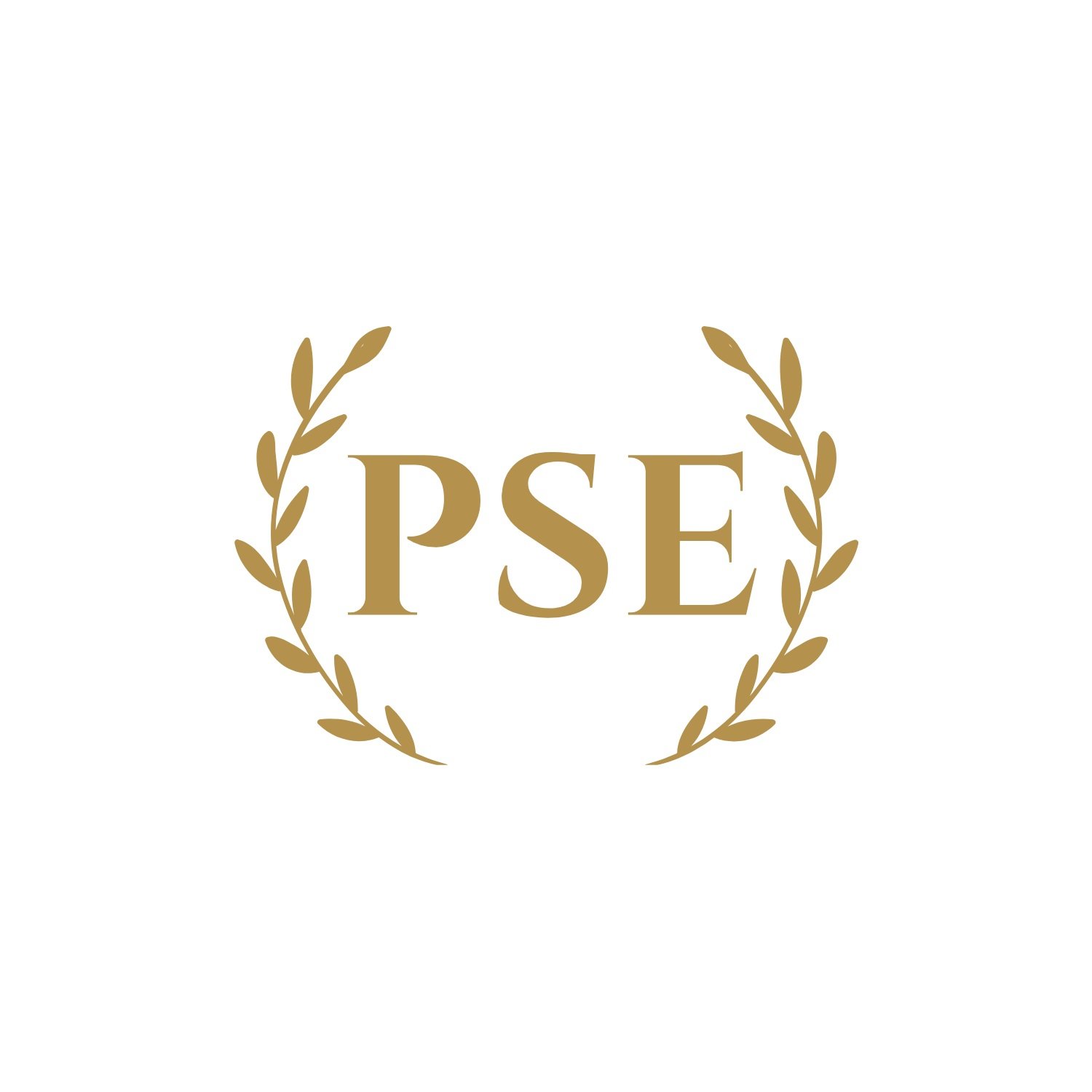Debunking Common Myths in Entrepreneurship: Insights from the Paris School of Entrepreneurship
Entrepreneurship is surrounded by a myriad of myths that can skew perceptions and mislead aspiring business owners. These myths not only propagate unrealistic expectations but also hinder effective decision-making.
At the Paris School of Entrepreneurship, we aim to dispel these misconceptions, providing our students with a clear and realistic picture of what it takes to succeed in the entrepreneurial world. This article debunks some of the most persistent myths and clarifies what entrepreneurship truly involves.
Myth 1: Entrepreneurs Are Born, Not Made
One of the most enduring myths is that entrepreneurs are inherently born with a set of traits that predispose them to success in business. However, research shows that entrepreneurship can be taught and learned. Essential skills like risk management, strategic planning, and leadership can be developed through education and practice. PSE focuses on nurturing these skills, demonstrating that with the right training, anyone can become an entrepreneur (source: Harvard Business Review, 2020).
Myth 2: You Need a Groundbreaking Idea to Succeed
Many believe that a revolutionary business idea is the cornerstone of successful entrepreneurship. While innovative ideas can lead to significant breakthroughs, many successful ventures are built on refining existing products, improving service quality, or addressing unmet needs within a market. PSE teaches students to identify and execute on opportunities, regardless of whether they are groundbreaking or incremental improvements (source: Forbes, 2019).
Myth 3: Entrepreneurs Must Risk Everything
The stereotype of the risk-taking entrepreneur who stakes personal finances and well-being on a business venture is not only exaggerated but potentially dangerous. Successful entrepreneurs typically take calculated risks. They assess situations thoroughly and manage risks through strategies like bootstrapping, seeking angel investors, or launching minimum viable products (MVPs). At PSE, risk management is a core part of our curriculum, preparing students to make informed decisions (source: Entrepreneur Magazine, 2021).
Myth 4: More Hours Mean More Success
There's a common misconception that working longer hours directly correlates with greater entrepreneurial success. However, efficiency and effectiveness are more important than mere hours worked. Time management and prioritization are crucial skills that PSE emphasizes. Balancing work and life is essential for long-term sustainability and health (source: Inc. Magazine, 2021).
Myth 5: Entrepreneurs Should Be Solo Flyers
The image of the lone-wolf entrepreneur is pervasive, but collaboration and networking are often key to success. Many successful entrepreneurs credit co-founders, mentors, and professional networks as being instrumental to their achievements. At PSE, fostering a collaborative environment allows students to learn from each other and from successful business leaders, emphasizing that entrepreneurship is often a team effort (source: MIT Sloan Management Review, 2020).
Entrepreneurship is complex and challenging, and succumbing to myths can lead to unnecessary pitfalls. At the Paris School of Entrepreneurship, we ensure our students receive a grounded and comprehensive education, debunking myths and equipping them with the knowledge and skills needed for success. Understanding the realities of entrepreneurship prepares our students to navigate the business world more effectively and confidently.
References:
Harvard Business Review, 2020. "Are Entrepreneurs Born or Made?"
Forbes, 2019. "The Myth of the Big Idea"
Entrepreneur Magazine, 2021. "Risk Management for Entrepreneurs"
Inc. Magazine, 2021. "The Truth About Work-Life Balance in Entrepreneurship"
MIT Sloan Management Review, 2020. "The Power of Entrepreneurial Networks"


